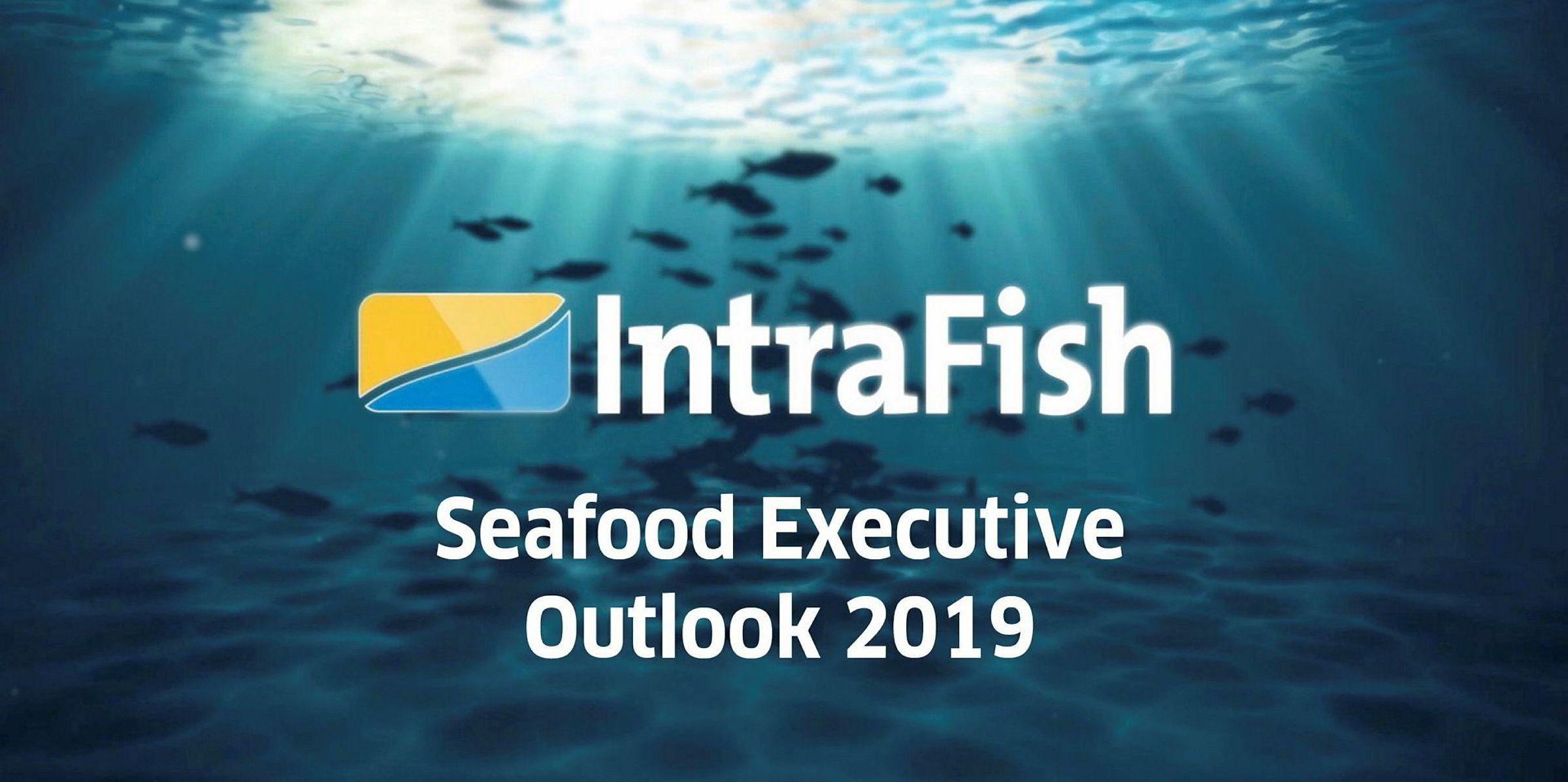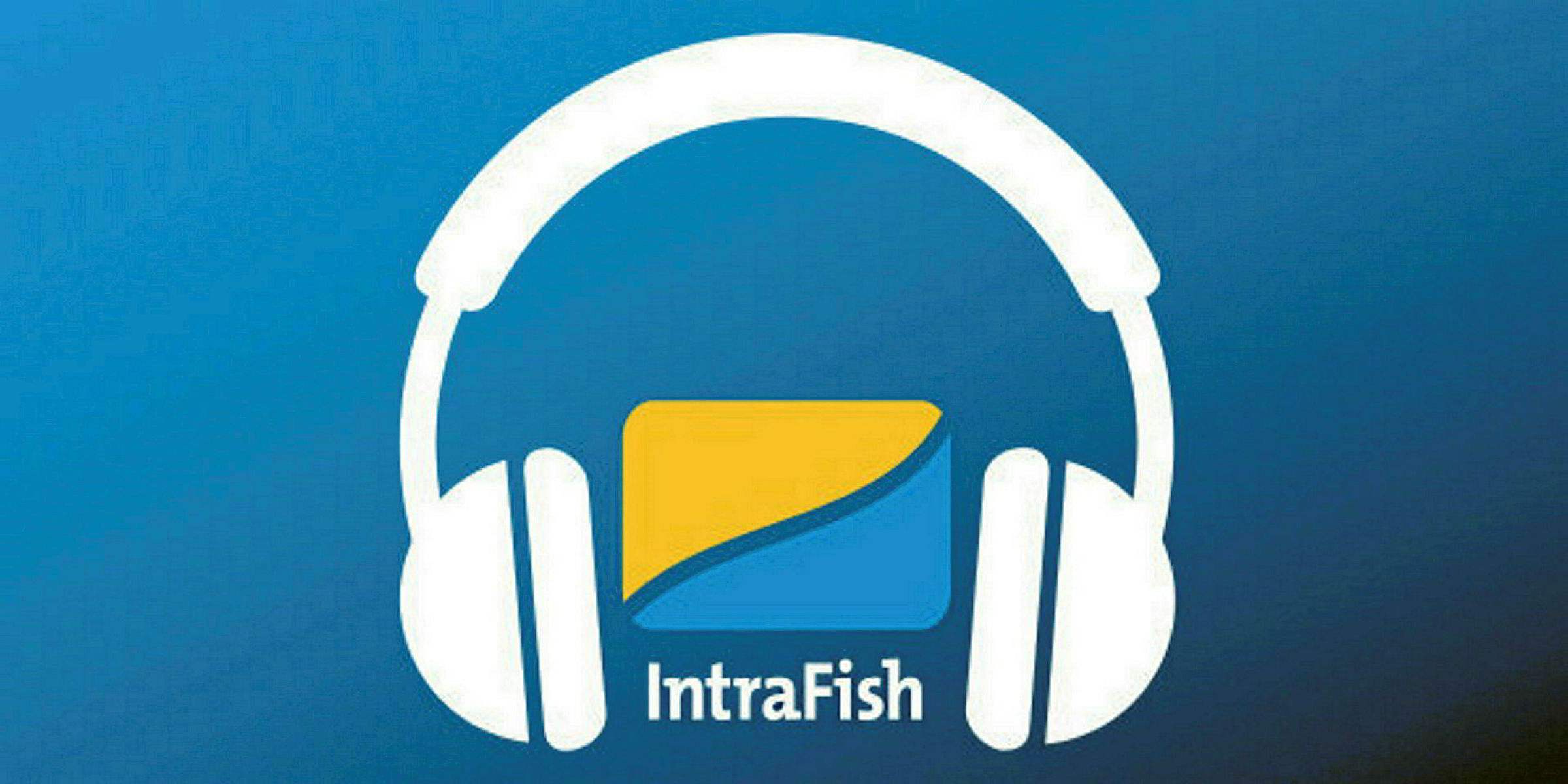As we prepare to turn the page to 2020, a look back at the most-read opinion columns of 2019 is in order.
In 2019, IntraFish editors shared their opinions -- some popular, some not -- on a wide range of critical issues affecting the global seafood industry.
Editors asked, for example, if the salmon farming sector is too big to fail or if the land-based bubble is ready to burst. They also dug into broad marketing questions such as how to sell seafood to millennials and why the seafood industry is losing the PR battle with consumers.
Below are the Top 10 most-read IntraFish opinion columns of 2019.
1. Why I'm removing my wedding ring: Editor-in-Chief Drew Cherry examined the threat to Bristol Bay, home of the world's largest sockeye salmon fishery, from renewed efforts to crank up the Pebble Mine project, a massive planned gold, copper and molybdenum mine.
"Removing my wedding ring, albeit a small gesture, is a reminder of the huge responsibility we all share as journalists, industry, NGOs and politicians," Cherry argued.
2. The US aquaculture industry is on life support: Despite all of the recent investment in land-based salmon farming in the United States, Executive Editor John Fiorillo asked: "Is this the beginning of the golden age of aquaculture in the United States, or the latest chapter in the story of a withering industry?"
3. Salmon farming is too big to fail: Cherry has a stern message for those seeking to ban salmon farming: "But for those die-hard fighters that still think salmon farming can be stopped, the battle was lost years ago. The industry is here to stay, and is rapidly becoming one of the world's most important protein providers," Cherry wrote.
A few months later, however, after a series of negative-press-generating salmon farming incidents, he, in a subsequent column, walked back a bit his bold statement, saying: "The industry can still lose, and lose big."
4. Want to sell Millennials seafood? Here's what we need: In her debut column, Reporter Demi Korban sought to solve the riddle of selling seafood to millennial generation consumers. "Seafood is intimidating to the 'millennial' culture. We know it's great for our health, but we're just lost on how to cook it, and at the cost we have to pay, we can't afford to make a mistake on a $15 meal."
5. Dozens of seafood CEOs have left in the past two years. That should be a wake up call: Cherry sounded the alarm bell after a slew of management shakeups at some of the industry's leading companies. Little did he know when he wrote his column in July that management changes were about to accelerate further; 2019 saw a flood of C-suite changes. And these came after a slew of management shakeups in 2018.
"It goes without saying that not enough is being done to hire, train and promote talented people," Cherry wrote.
6. Will the land-based aquaculture bubble burst? Money and energy is pouring into the land-based aquaculture sector, but many land-based projects tank -- and many of those currently underway won't make it, former IntraFish reporter Lola Navarro.
"So while the industry is exciting, it is clear that companies need to think twice before diving too deep into land-based systems.," she warned.
Navarro has since joined land-based salmon farming group Atlantic Sapphire.
7. Who's afraid of a little girl?Editor Rachel Mutter discussed the powerful message delivered by teenager Greta Thunberg at the 2019 UN Climate Action Summit.
Overnight, she became the voice of a generation that will live its life under the chaos of climate change. In her column, Mutter urged the industry to action before a "new" Greta comes along to target seafood.
"There is no hiding anymore...it's time to move to action, and fast," she wrote.
8. Why the seafood industry is losing the PR battle: In her inaugural opinion column, Reporter Nina Unlay reminded seafood executives of the need to be transparent and honest when a crisis befalls their company.
Unlay examined the PR responses of several salmon farmers, including Cooke, Mowi and Cermaq, all of whom were hit with a PR crisis in 2019.
"There are various, sometimes contradictory, crisis management strategies out there. But in the new world of social media, where a damning photo or video can quickly make the rounds, the studies seem to agree on one thing: Communication need to be timely, fast and up to date," she advised.
9. It's time to toss out the Seafood Watch card: Cherry took on the Monterey Bay Seafood Watch Program, the self-appointed arbiters of all things sustainable seafood.
If the goal of the group's wallet cards is to give consumers clarity to make sustainable choices, the Seafood Watch card fails miserably, he argued.
"And if the card is sowing confusion around the already confusing world of sustainable seafood, it's time to put the wallet cards in the bin -- all 60 million of them."
10: It's time to silence Patagonia: Fiorillo was less than pleased with the tactics used by outdoor clothing brand Patagonia to attack wild and farmed salmon producers.
The company launched the documentary Artifishal, in which it questioned the wild salmon hatchery system in the Pacific Northwest and Alaska, and partly blamed salmon farming for declining wild salmon stocks. It also unveiled the documentary "Estado Salmonero," which criticized the Chilean salmon farming sector, particularly in the Magallanes region.
Will industry leaders rise up against Patagonia, Fiorillo asked, or let a jacket maker roll all over them?




